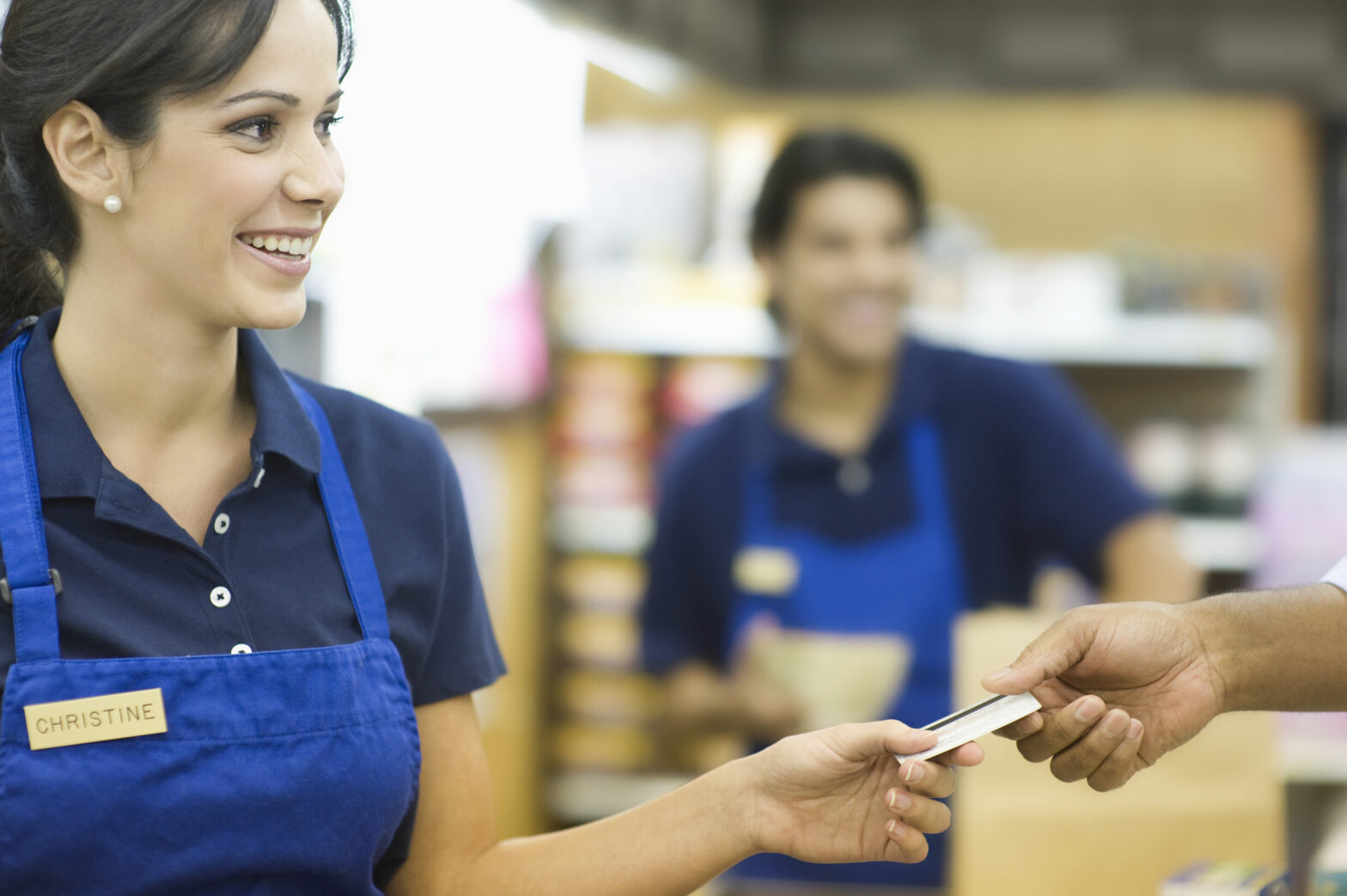Loyalty: it’s something young companies may not think about immediately, but how you manage your customer relationships needs to be in the DNA of your business. I’d go as far as to say it should be instilled as one of your core values, so it’s essential to be clear about what your loyalty strategy will look like from the outset.
Amazon’s Jeff Bezos once said, ‘It’s our job every day to make every important aspect of the customer experience a little bit better.’ It’s a bold proposition and one that small businesses can learn from.
In their early stages of growth, most young businesses are focused on cash flow and revenue generation. How to engage with and nurture customers in the long term might be allotted to a future marketing hire. But whether you’re a product or a service organisation, your customers are your business, and making their experience with you better than one they’d receive elsewhere is guaranteed to deliver value.
Loyalty costs less
Most people can remember at least one statistic about customer service or retention, for example the fact that it costs six or seven times more to acquire a new customer than it does to keep an existing one, or that a customer needs 12 positive experiences with a brand to make up for one bad one. So looking purely at the bottom line, it’s essential that your business strategy includes a plan for how to retain customers and how to remain loyal to your customers in return.
So how do I reward loyalty in my customers?
It’s easy to think about customer loyalty purely in terms of money off deals or loyalty card systems, such as those introduced by Boots or Tesco, but points are not the only way to show customers they’re valued.
Your loyalty programme should reflect your company’s personality and services rather than just being generic. Ask yourself; what kind of behaviours are rewarded with loyalty in my industry? What stops customers returning to a business? Which companies do I admire for their approach to customer loyalty?
eBook Download: Customer Retention – Enhancing Loyalty in a Digital World
Five strategies that a business can use to build customer loyalty:
- Excellent customer service
- The classic loyalty card
- Email marketing
- Exclusive events and services
- Reward your staff
1. Excellent customer service
First things first; having excellent customer service means ensuring that a customer knows exactly how to contact your business if they have a question or a problem. It means they can speak to a real person on the phone without being on hold for hours and that their problem can be solved quickly. Whatever your policy is, make sure it is clear and consistent at every customer touchpoint.
2. The classic loyalty card
Loyalty cards have been overused but they do have their place in a customer reward strategy. Whether your service or product is business to business, or business to consumer, a loyalty scheme can be implemented relatively cheaply and quickly.
It is important however to keep it simple and leave the complex points systems to the large FMCG retailers. By simply offering an incentive after a customer has placed 20 orders, for example, you provide a good, easy-to-use incentive for your customer to come back time and time again.
3. Email marketing
A great way to reward existing customers is to build targeted and personalised email campaigns. Incorporating an exclusive offer can help, but email campaigns provide a greater opportunity to educate and nurture new customers. It’s important for new businesses to maximise on every enquiry and purchase made. If somebody spoke to a member of your team, don’t forget about them. Not only does this entice them to return but it shows your customers that you appreciate their custom and value them and their business.
Equally, if a new customer bought just one of the products or services you offer, make sure they know about the others you provide. Marketers often describe these as ‘nurturing programmes’.
4. Exclusive events and services
Offering exclusive services or events for your top tier or most loyal customers can be a great way to build loyalty and create a group of brand ambassadors.
Events can be organised to showcase new products, or you could create an extra level of service for your largest business customers to demonstrate your loyalty to them.
If you do bring out a new product or website feature, for example, make sure your loyal customers are the first to know. They’ll appreciate the opportunity to beat the crowds, and reaching out to them in this way puts your company front of mind ahead of future purchasing decisions.
5. Reward your staff
When you’re growing a business it can be easy to put all your energy and focus into building your customer base and making sure they’re happy. But it’s important to put a bit of time aside to invest in rewarding your team who make the whole thing possible. Remember that loyalty in your staff is a valuable asset and reflects outward in their interactions with customers.
Happy staff who are fully on board with where the company’s heading will help you to achieve your business goals. One-on-one time is a must, as are away-days, but also give them chance to let their hair down every so often too.
David Grimes is managing director of My Parcel Delivery.
Further reading on customer loyalty: How to keep your business top of mind with customers





